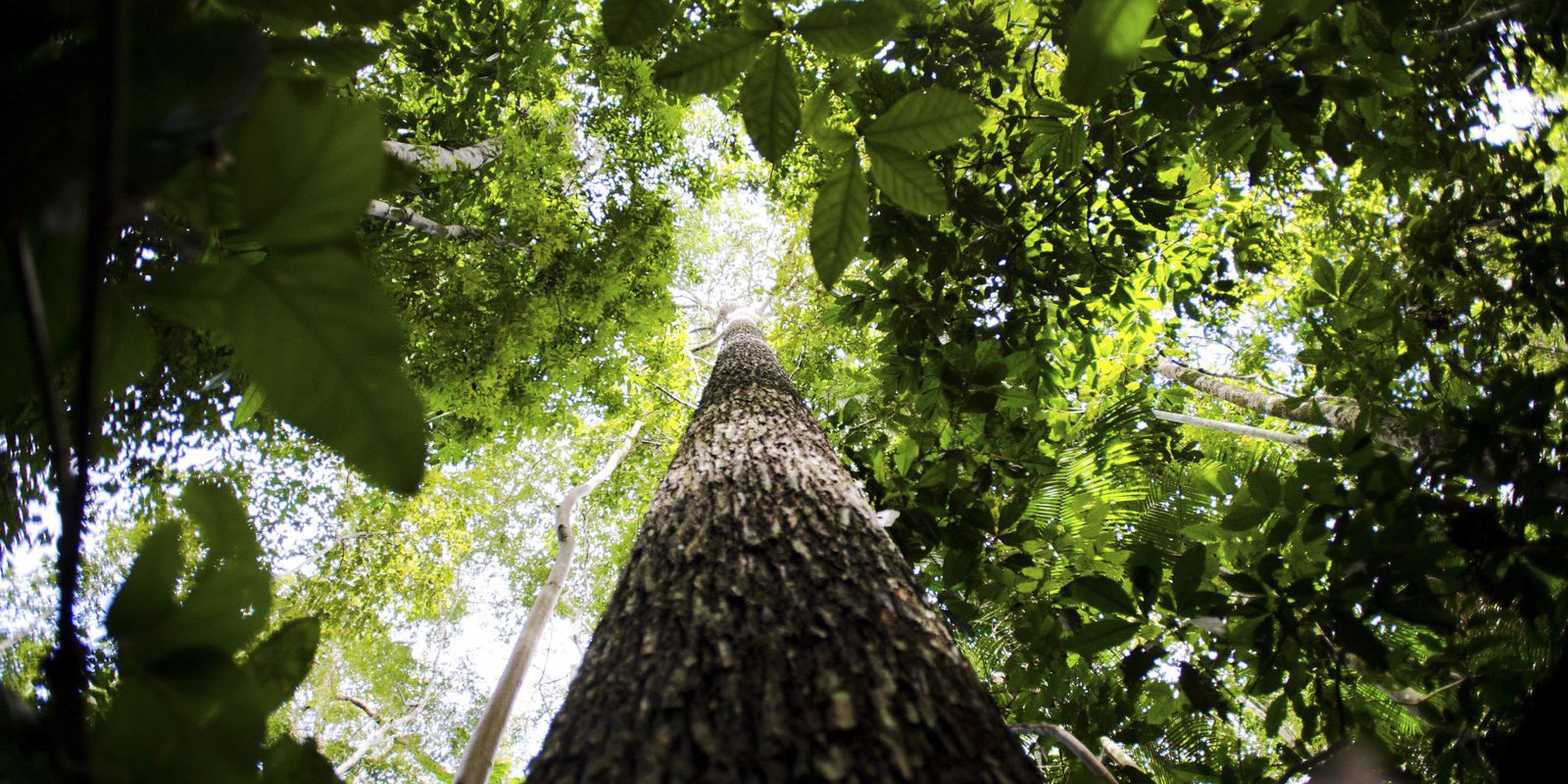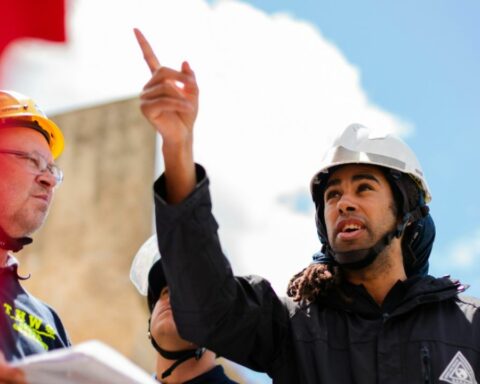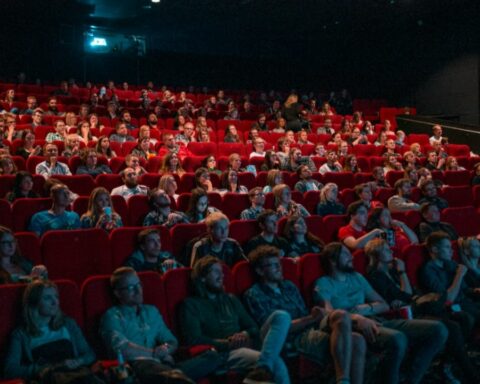This Thursday, the long-awaited bilateral meeting between President Gabriel Boric and his counterpart from the United States, Joe Biden, took place in the context of the ninth version of the Summit of the Americas, held in Los Angeles. California, and that will have its final point today, Friday, June 10. Thus will conclude the tour of the Chilean delegation, headed by the President, who had previously passed through Canada, where he held a commented meeting with the prime minister of that country, Justin Trudeau.
At Thursday’s meeting, Boric asked the US “to look at Latin America as equals” and Biden offered a working group to address the rise in the cost of living. In addition, Chile expressed its concern about the sanctions against Russia and the impact of the war, a global tax pact against tax havens was discussed and concern was raised about the migration crisis and Venezuela.
Once the bilateral was concluded, the Chilean President expressed – through his Twitter account – that “to the extent that the United States understands that Latin American countries are its peers and never subordinates, we will be able to work together. It is a necessary condition for a new continental deal that promotes democracy, human rights and the fight against climate change in the world”.
Through the aforementioned platform, President Boric explained that “with Joe Biden We discussed continental strategies to face the rise in the cost of living for our peoples. In addition, we will work for a global tax pact against tax havens. From the South we are committed to sustainable and equitable development”.
A meeting that is part of a Summit of the Americas that was previously marked by the controversy of the exclusion of the rulers of Cuba, Venezuela and Nicaragua, considering them “dictators”, which resulted in the leaders of Mexico, Andrés Manuel López workshop; Bolivia, Luis Arce; and from Honduras, Xiomara Castro, decided to withdraw from the meeting, as a sign of support. Added to these casualties were those of the president of Guatemala, Alejandro Giammattei, who accused “schedule” problems, and his Uruguayan counterpart, Luis Lacalle Pou, who suspended his participation because he contracted COVID-19. Notorious absences that allow us to clarify that there will probably be many issues that will remain pending, where criticism points to Biden, as host and organizer of the meeting, who has faced serious problems in his internal management.
In this regard, the political analyst and academic at the Alberto Hurtado University, Isabel Castillo, pointed out that “certainly, this summit will not be a great success, where the figure of Biden, in his domestic politics, does not come at a strong moment, which also influences how the host country faces this event and, in that sense, I think that the visit to Canada could have had a much greater impact, due to the differences in the figures of Biden vs. Trudeau, and mainly because of the great internal criticism of the US president, who is going through a complex internal moment.”
A bilateral meeting that did not have major repercussions, considering that hours before the attention was focused on a “snub” by Boric to the US, in the context of the signing of a declaration for the protection of the oceans promoted by Chile and that It was sponsored by eight countries of the hemisphere. In this context, the president summoned the host country –and other developed nations– to join this type of initiative, without noticing that John Kerry, representing the White House, was sitting just a few meters away. An uncomfortable moment that forced the Chilean President to rectify his statements, after being notified by the Foreign Minister, Antonia Urrejola.
“Sorry, a little correction on my part. When I mentioned the developed countries to push them here, I was thinking of Europe, China, India, I mentioned the United States. The United States is here, with John Kerry. And that is also tremendously important to us. Canada and the US are part of the G7 and I have no doubt that from that leadership we will also be able to push the rest of the developed countries to join this, ”said Boric, excusing himself of his mistake.
A positive tour, in the middle of a disputed summit
Beyond the mistakes, it is a tour that leaves the Chilean delegation satisfied, because it has allowed them to reaffirm their foreign policy and consolidate an image that is attractive in the international arena. Analysts agree that, in general terms, the balance is positive, due to the fact that different issues have been positioned, reinforcing the image of a Government that defines itself as progressive, differentiating itself from other Latin American governments that are more to the left, but that in matters of human rights may be more ambiguous. A reflection of this was Boric’s own decision to participate in this summit, unlike his peers from Mexico or Bolivia, and the meetings that Foreign Minister Urrejola held with the Nicaraguan opposition, actions that attract attention and that position the Chilean President as a political figure of interest.
In this regard, the political scientist, international analyst and former Chilean ambassador to Cuba and Colombia, Gabriel Gaspar, considers that “it is a summit that will probably leave us with a lot of pending flavor, but in this scenario, however, I believe that the presence of The Chilean delegation, led by President Boric, is and has been very striking and positive, because it will show the various facets of Chile’s foreign policy, and show that, in the context of a continent that is in a very tense situation due to economic, migratory and security issues, Chile tries to advance in institutional ways, seeking to solve its problems by creating more democracy, as President Boric says, which is positive, therefore, if the summit it is going to leave pending issues, I think that the Chilean presence leaves a positive image”.
Analysts agree that the agenda promoted by the current government arouses interest and curiosity abroad, as it is a progressive agenda in terms of gender and the environment, but is also one-liners in terms of human rights. “In addition, there is a genuine curiosity about the process that Chile is going through, where in some cases it is viewed skeptically, in other cases with more positive eyes, but there is a curiosity about the constituent process and how it affects investment or not, so there are eyes on the country, and in that sense I think the government has taken good advantage of it, in terms of bringing to its agenda and consolidating a discourse that ratifies its commitment to structural changes, but that they be gradual and with broad agreements, where the President has indicated that the economic model is not going to change in the short term, with which it seeks to attract investment”, added the political scientist and academic of the Alberto Hurtado University, Isabel Castillo.
In the search to position itself as a relevant actor in the continent, the administration headed by President Boric has aimed to establish common agendas with different countries, including Canada and the United States, with the aim of generating agreements that are aligned with the programmatic proposal that they have been working on since La Moneda, and where the constituent process intersects.
This is what the academic and researcher at the Social Sciences Research Institute of the Diego Portales University, Germán Campos-Herrera, believes, who considers that “all those important processes that are currently taking place in Chile, are also transferred to its foreign policy , making it clear that he does not take distance in elements of investment and politics, but he does specifically in those that have to do with rights, with the gender issue and others, which fits Boric like a glove.
Finally, regarding the organization of the ninth version of the Summit -the one that ends this Friday-, there is agreement that it probably failed in its attempt to achieve major agreements, after it was conceived by the United States as an opportunity to promote a new regional agenda, after years of indifference or the so-called “policy of punishments and threats” carried out by former President Donald Trump towards Latin America. Apparently, the intentions were not enough and the motto of the meeting, “Building a resilient and equitable sustainable future”, vanished, even before the event started.
Following this logic, the political analyst and former ambassador, Gabriel Gaspar, considers that “this is a summit that many of us find difficult to understand what the main objective of convening it is, because it does not appear, both in its design and in the emphasis it has tried to place. place the host country, which is the one that organizes. Because, for example, if the central issue was migration, which is one of the most important issues on the continent, the practical result is that this summit is not attended by most of the countries that promote population, which are the Central American countries, such as Honduras, El Salvador, Guatemala; Mexico, Venezuela, Cuba, which are the countries that boost population, do not attend. So it is difficult to understand how an agreement on immigration is going to be achieved if one of the parties is not present, which is a practical issue, beyond political discussions, ”he maintains.








